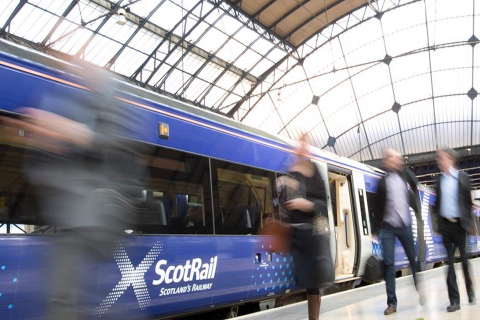RailTech Belgium 2023: what is it all about?

Belgium is an important crossroad for railway traffic in Europe, and the Belgian government has launched ambitious infrastructure renewal and systems integration campaigns. To connect the international railway industry with the Belgian market to network, and exchange and share knowledge and insights, we are organising the first edition of RailTech Belgium on June 6-7 2023 in Brussels.
Want to read more?
You have read all of your free premium articles for this month. Please become a subscriber to keep reading.
Subscribe now!
Take advantage of our exclusive offer to get full access to all premium content.





Sorry, but just a small minority affords luxury of not caring about “eta”…
Frankly, for needed, soundly and sustainably, high utilisation of existing vast assets – and for lower costs – a shift, safely providing for added load capacity, is requested!
As short of resiliency, now, however, simply track ( “Backbone” of railways…) has turned Bottleneck.
(Without an optimal infrastructure, now “optimal maintenance”, suboptimally, is big business, of Industry…)